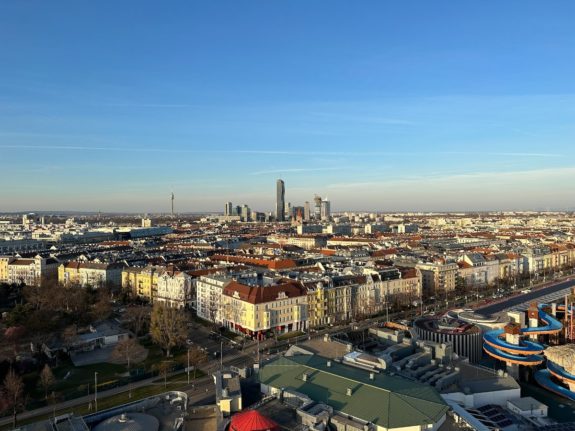The suspects, all refugees who fled Afghanistan, were caught with €50,000 which they had made selling drugs.
They had been doing a roaring trade in cannabis. Police said that so far this year they sold around 50kg of the drug to customers across Austria.
According to a report in the Kronen Zeitung the authorities in Vienna began investigating the trio after one of their business partners was arrested by police in Graz. He’s now serving time in prison but when he was being questioned he told officers that his suppliers were three Afghans who were based in Vienna.
Police in the capital planned raids on Tuesday morning at two addresses in the districts of Favoriten and Brigittenau, with officers from a special SWAT unit involved. The three Afghans, all aged 21, were in the apartments and were arrested.
Two of the men were receiving basic social security payments to cover their living expenses, and the third man is currently applying for asylum seeker status – which he is unlikely to be granted given his arrest on drugs charges.



 Please whitelist us to continue reading.
Please whitelist us to continue reading.